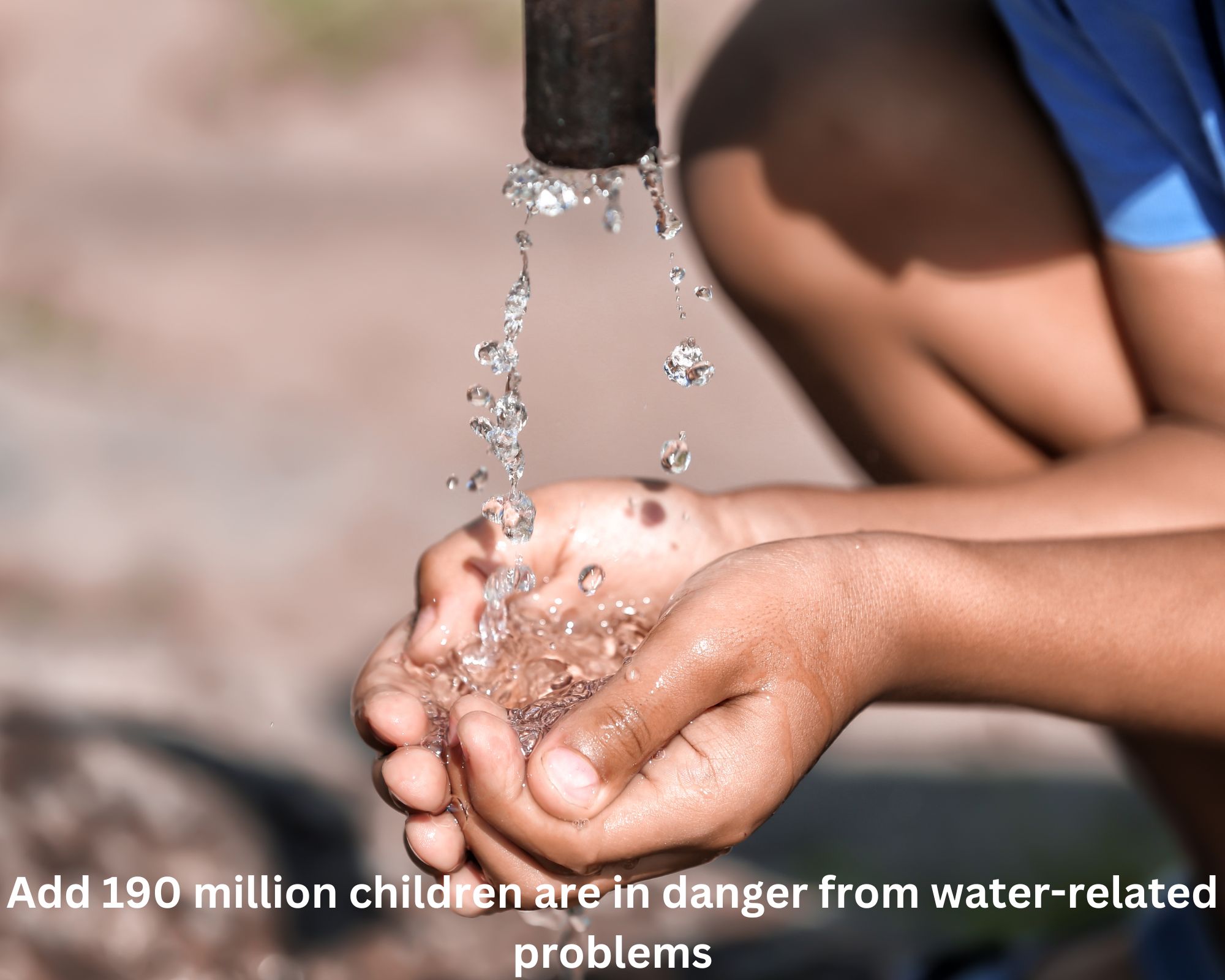Summary:
-
The study, made public on Monday before the historic UN Water Conference, examined household access to WASH services, the burden of WASH-related deaths among children under five, and exposure to environmental and climate hazards.
-
It revealed where children are most at risk and where solutions are urgently needed to prevent needless deaths.
-
“Armed conflict-exacerbated problems analysis revealed that the triple danger was most severe in Benin, Burkina Faso, Cameroon, Chad, Côte d’Ivoire, Guinea, Mali, Niger, Nigeria, and Somalia, making West and Central Africa one of the world’s most water-scarce and climate-affected regions.
-
Over 1,000 children under five die from WASH-related illnesses every day worldwide, with around two out of every five deaths occurring mostly in these ten nations.
-
Dangers from the climate these hotspots are also among the 163 nations with the highest risk of exposure to environmental and climate concerns in the top 25% of the world.
The study, made public on Monday before the historic UN Water Conference, examined household access to WASH services, the burden of WASH-related deaths among children under five, and exposure to environmental and climate hazards. It revealed where children are most at risk and where solutions are urgently needed to prevent needless deaths.
“Africa is in the midst of a water crisis. Nowhere else in the world do the hazards for children compound as severely as they do in the United States, according to Sanjay Wijesekera, director of programs for UNICEF.
Devastating storms, floods, and record droughts are already wreaking havoc on infrastructure, poisoning water supplies, causing food shortages, and spreading disease. Even if the situation is complicated, things could get far worse if fast action is not taken.”
Armed conflict-exacerbated problems
The analysis revealed that the triple danger was most severe in Benin, Burkina Faso, Cameroon, Chad, Côte d’Ivoire, Guinea, Mali, Niger, Nigeria, and Somalia, making West and Central Africa one of the world’s most water-scarce and climate-affected regions. Children’s access to clean water and sanitation is more difficult because many of the most severely affected nations, particularly those in the Sahel, are experiencing instability and armed conflict.
Over one-third of kids in the ten hotspots lack access to basic water supplies at home, and two-thirds lack basic sanitation facilities. One-fourth of kids are forced to practice open defecation. Also, there are issues with hand hygiene, with 75% of kids unable to wash their hands at home due to a shortage of water and soap.
As a result, these nations also bear the brunt of child fatalities from diseases like diarrheal illnesses brought on by poor WASH. For instance, six of the ten had experienced cholera epidemics in the recent past. Over 1,000 children under five die from WASH-related illnesses every day worldwide, with around two out of every five deaths occurring mostly in these ten nations.
Dangers from the climate
These hotspots are also among the 163 nations with the highest risk of exposure to environmental and climate concerns in the top 25% of the world. In some parts of West and Central Africa, temperatures are rising 1.5 times faster than the world average, which speeds up the reproduction of pathogens. Also, when groundwater levels decline, some communities are forced to drill wells twice as deep as they did a decade ago. Moreover, rainfall patterns have become more unpredictable and powerful, resulting in floods contaminating limited water supplies. The Organisation for Economic Cooperation and Development (OECD) has categorized all ten nations as fragile or highly fragile, with the possibility of armed conflict in several to undo the progress made toward access to clean water and sanitation.
For instance, attacks against water supplies have increased in Burkina Faso as a strategy to uproot communities. In 2022, 58 water stations were assaulted, and more than 830,000 people—more than half of children—lost clean water access.

